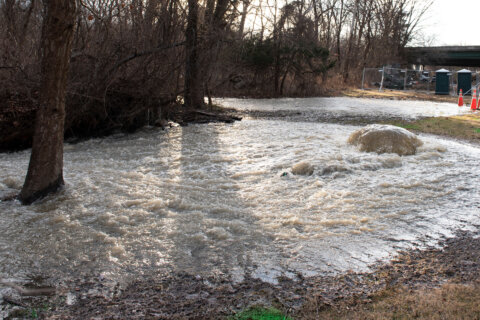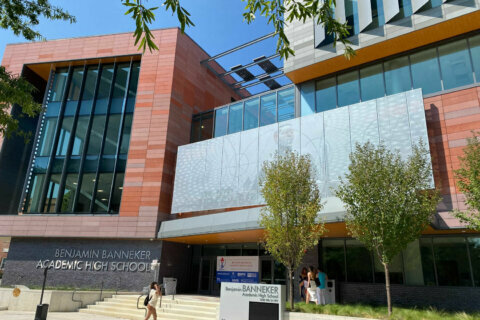WASHINGTON — Preparing for winter means more than buying a new pair of gloves and stocking up on ice melt.
The District’s utility regulators are urging consumers to plan for a winter that’s expected to be colder than last year by evaluating their home’s energy efficiency and planning for slightly higher utility bills.
John Howley, senior economist with the D.C. Public Service Commission, said with predictions from NOAA for “normal” winter temperatures, consumers who heat their homes with gas and electricity, can expect to pay more to keep their homes warm.
“Last year was about 25 percent warmer in terms of heating needs than the winter before”, Howley said.
So if temperatures return to the normal range, as he said NOAA predicts, it’s likely that bills will go up accordingly.
However, homeowners with gas heat could find a bit of a cushion.
“Fortunately natural gas prices have been pretty stable, so that’s not a big factor in terms of heating bills.”
But Howley warns that the biggest factor affecting heating bills is just how cold it gets.
The D.C. Public Service Commission held a conference on Thursday to help brief D.C. utility customers on what to expect from the coming winter, and how to prepare their homes so they can conserve energy and save money.
Commission Chair Betty Anne Kane urged residents to take a look at the PSC’s “Pocket Home Checklist,” a resource with tips to ready homes for winter and a list of phone numbers for utilities as well as the mayor’s call center.
Kane also said something as simple as having a shovel is vital. Kane, who attended college in New England, said she keeps more than one shovel at home as a rule.
“We have three snow shovels at our house: one for the front, one for the back and one to loan to neighbors,” she said.
Pepco’s Regional President Donna Cooper addressed the meeting at the PSC and said afterward that Pepco’s already working to contact customers about what they can do to prepare for winter weather.
Cooper said the utility has a growing number of tools to help pinpoint outages, including using smart meter technology to track down what the utility calls “nest outages,” outages that remain after power to a feeder has been restored.
Cooper said the recent merger with Exelon will give the company more resources to respond to outages when they occur.
“We still utilize a mutual assistance process in order to bring on more resources, but now we’re part of a much larger family of companies. We can pull on the resources of ComEd out of Chicago, PECO out of Philadelphia, and BGE out of Baltimore,” Cooper said. That’s in addition to tapping into the mutual aid from other companies outside the region.
Consumer can learn more at www.dcpsc.org/winterreadydc.








